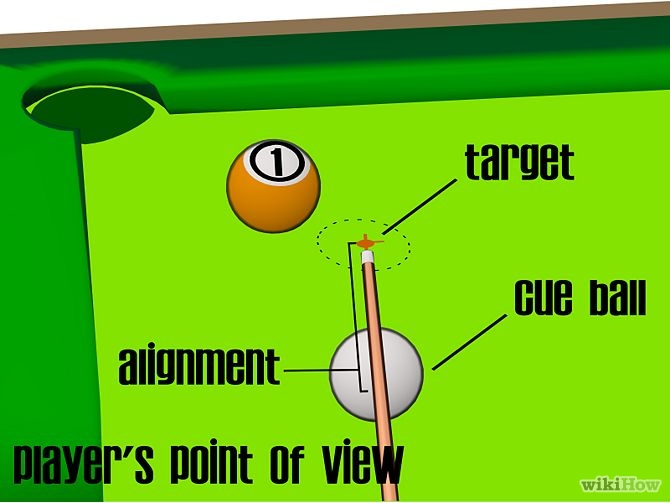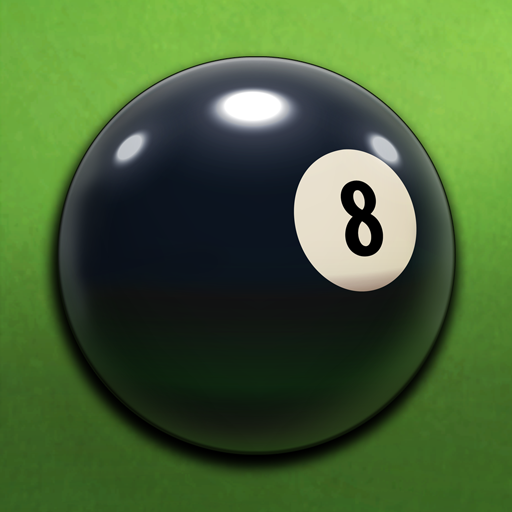
One of the most loved sports in the world is pool. It can be played on many different sized tables. It requires high skill, however. There are many varieties of pool. Most popular are eight ball and continuous pool. These games require skill and can either be played solo, in pairs or as a group sport.
The objective of the game is to pot all designated balls. This includes cue balls, eight-balls and other object ball. Each player is given one of two pockets at the foot of the table. They go on until they make a mistake or foul. A foul means that the player must return the ball to the cue ball and attempt a new shot. There are a variety of fouls that can occur, such as a break, hitting the cue ball into an object ball, committing an illegal break, and executing a jump shot.
The World Standardized Rules is the official pool rules. They are used by many international tournaments and organisations, as well the Billiard Convention of America. Fouls must be committed when the ball is lost. The opponent's ball must be re-entered and the point will be awarded to the player who has the ball in his pocket.

Eight-ball is where you try to grab the black eight balls. The number of balls is determined by the game's variation. The winner of the game is the one who has the ball in his own hand.
A normal foul can result in a penalty of a minus. If the ball is taken in foul play, it will be penalized with a minus point. After the player takes his next shot, he can choose to restore the position that he was in prior to the foul. Or, he could decide to keep his shot. If the opponent takes the ball from his pocket, he'll receive a point.
Another foul is the ball-in-hand foul. This occurs when a player touches the cue ball without having his or her foot on the floor. Before taking a shot, a player must announce the pocketed ball. The ball must be placed as close as possible to the spot where it was caught during the foul.
Any player who commits 2 fouls in a row should be warned before taking the next shot. A third foul is considered a foul and will result the inability to play. For example, if the player breaks in the first inning, he or she will be given a minus score of -10.

A non-player interfere is another type. A foul is one that is not considered to be player interference. Non-player interfere does not apply if the ball has been pocketed in a course or foul.